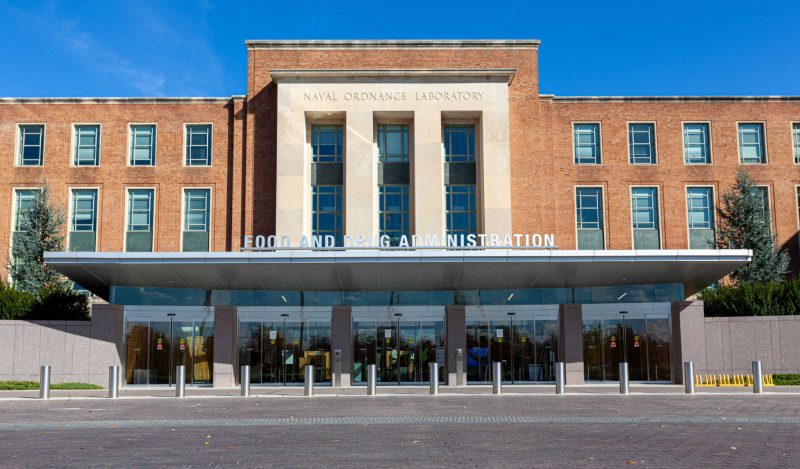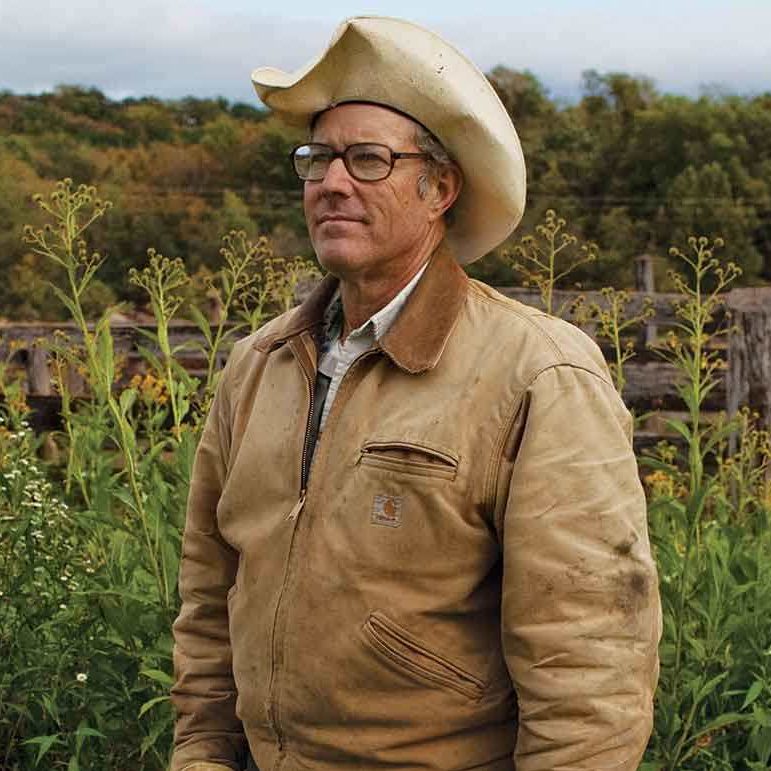What would actually happen if EPA and FDA died tomorrow? Would snake oil suddenly dominate the market? Would unscrupulous business produce harmful products? And would the rivers suddenly run with poison? Would East Palestine, Ohio happen all over the country?
My first response is this: if bad things happened, at least they wouldn’t be legitimized by government officials. At least bureaucrats, at taxpayer expense, wouldn’t blanket the lapdog media with press releases pooh-poohing folks who dare to questions official narratives. At least if something bad happened, it would have to stand on its own, defend itself, and not have government skirts to hide under.
That new situation alone would infuse would-be bad folks with renewed sobriety. “You mean I can’t call up a regulatory agency peopled with my buddies and get cover? Oh no, I’d better watch my step.” Bad things will always happen, but goodness, folks, we don’t need to finance and encourage them from government cronies; let’s eliminate the bad guys from the taxpayer payroll.
Second, a sudden surge in interest from each of us would stimulate discussions and watchfulness knowing that the future is in our hands, not the government’s. Again, that sounds like la-la land, but when people realize they’re responsible for their situation, they always take interest and get involved. One of the reasons Americans are lackadaisical toward just about everything is because we’ve been lulled into the lie that the government should and can take care of us. It can’t and won’t.
Third, if taxes to pay for all these agencies’ shenanigans were decreased so we the people could keep more of our money, we’d be able to finance all sorts of private watchdogs. Nonprofits like Robert F. Kennedy’s original Waterkeepers and Children’s Defense Fund would take on the big guys and all of us would be able to fund them better. Imagine a Wild West Watchdog culture—how about that?
Common law is still operable. Believe me, pouring poison in a river is not wrong because the EPA says so; it’s wrong because it destroys the commons, and that dates clear back to the Magna Carta. Discovery of atrocities would not be met with quickly-assembled back-room hunker-downs with corporate-government fraternities; it would instead be raw and unprotected executives facing down angry people and passionate barristers fighting for right.
Fourth, some states would quickly pick up the slack. That way battles would be fought closer to where they occur on a scale small enough to accommodate voters. No doubt some states would step into the void with extremely creative solutions we can’t even imagine because we’ve had no freedom or need to imagine. Much of the problem with these out-of-control agencies is their federal scale. The constitution never permitted—and still doesn’t permit—this level of oversight at the federal level. It was meant to be a 50-state experiment.
Finally, without government press releases to run, the media would rediscover its role. During my short journalism tenure, I had stories spiked because my investigations found bad guys among our advertisers or friends of the publisher. “We can’t run that,” said my bosses, protecting their bad boy buddies. But with the ease and speed of publishing today, a plethora of alternative media exists and would sprout more abundantly when new journalists committed to their historic importance.
Think about issues today gaining traction with no government agency to direct them. The reparations agenda. The reduce-abortions agenda. The school voucher agenda. Tribes always find their niche, and they sure don’t need a government agency to give them legitimacy or power.
What’s the first thing corporate executives say when their bad behavior and actions are discovered? “We complied with all government licenses.” What if they had to face their deeds by themselves? And what if they knew thousands of eyeballs were watching them, from people who couldn’t be wined and dined, bought off and cajoled? Bad corporate executives never get punished. But let some poor farmer put a backhoe in a mud puddle, and he loses his farm. Or some vitamin therapy genius find an answer to a disease and the system beats him into oblivion.
Public awareness about polluted rivers shamed numerous companies long before the EPA happened. And what if Pfizer and Moderna had no FDA protection for rolling out deadly mRNA injections ahead of proper testing? No, America, the sky would not fall without FDA and EPA. What would happen is we would collectively stand taller, freer, and not feel like our only power is through the bureaucratic fraternity.
For this discussion, we picked the EPA and FDA, but the same basic arguments could be offered for virtually all the federal cabinet-level agencies. Does anyone actually think children would not be educated without a federal Department of Education? Or that food would not be produced without a USDA? Really? Are we that impotent and incompetent?
On a scale of 0-100 percent, 100 being good things and 0 being bad things, where would you put EPA and FDA? 50 percent? 20 percent? 80 percent?
Reprinted from Joel Salatin’s blog
Join the conversation:

Published under a Creative Commons Attribution 4.0 International License
For reprints, please set the canonical link back to the original Brownstone Institute Article and Author.









